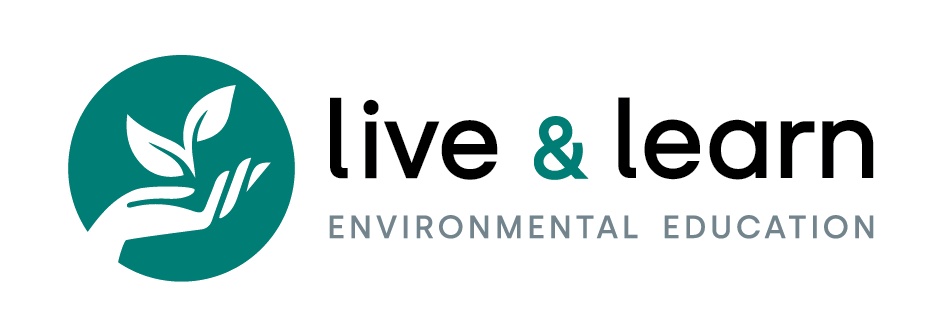While the Republic of Kiribati is making progress in increasing access to safe and resilient water and sanitation, together with improved hygiene practices, population growth and climate change continue to impact the supply of clean drinking water and adequate sanitation.
Freshwater resources are particularly limited, being confined to shallow aquifers and rainwater collected from roofs. Regular periods of drought compound water security vulnerabilities. This is affecting health and livelihoods, with high occurrences of diarrhoea attributed to the WASH issues and unsafe hygiene and sanitation practices contributing to contamination of freshwater sources.
The South Tarawa Water Supply Project (STWSP) has been designed to address these issues. It’s aiming to reach the entire population of South Tarawa, totalling around 56,000 people – around 51% of the national population – to address the factors causing a high incidence of waterborne disease in the capital.
The project will achieve this through major water infrastructure upgrades, including a desalination plant, water supply network improvement and installation of a solar photovoltaic system. The STWSP will also include the WASH Awareness Program, which is targeted at improving WASH-related behaviours through Social Behaviour Change Communication (SBCC) and increasing the local Civil Society Organisation capacity to sustain these programs. It also aims to build WASH-related climate resilience.
The South Tarawa Water Supply Project (STWSP) is an initiative of the Government of Kiribati, funded by the ADB and implemented by Live & Learn Kiribati.

